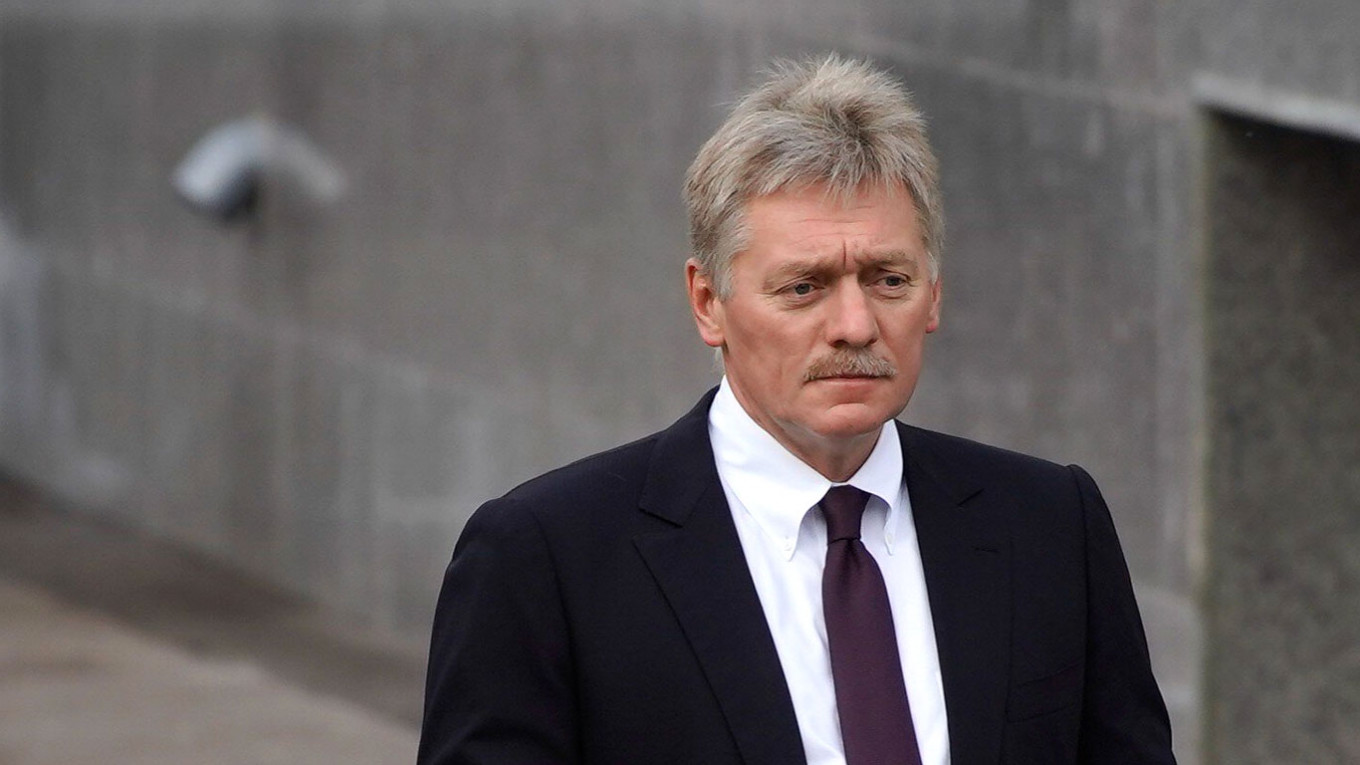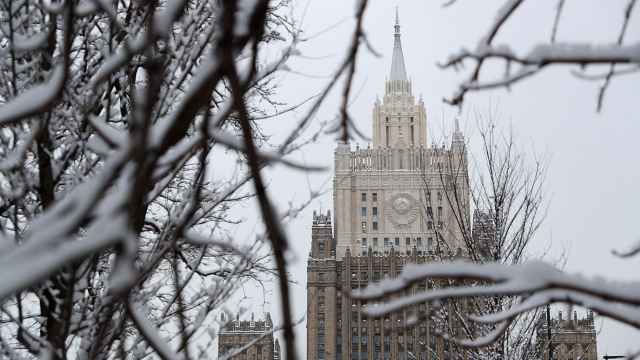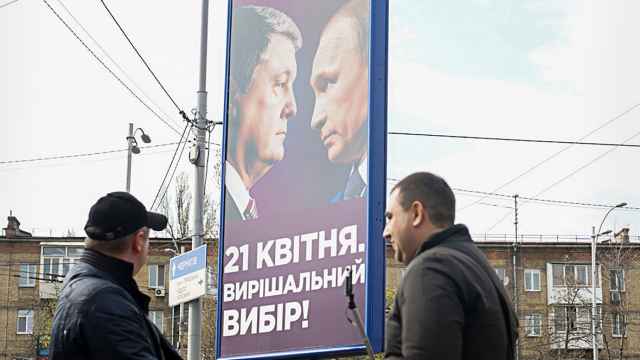The Kremlin on Wednesday welcomed Ukraine’s proposals at peace talks but played down progress at the negotiations after more than a month of war.
Russia’s chief negotiator Vladimir Medinsky said following three-hour talks in Istanbul on Tuesday that Moscow will study Kyiv’s proposals — which include an offer of neutrality in exchange for security guarantees — and report them to President Vladimir Putin.
“The positive thing is that the Ukrainian side has at least begun to concretely formulate and put on paper its proposals,” Putin’s spokesman Dmitry Peskov told reporters the next day.
But he played down expectations that the latest round of talks — the first in eight days of fighting — would yield tangible results.
“We can’t state anything very promising or any breakthroughs. There’s still a very, very long way to go,” Peskov was quoted as saying by the state-run TASS news agency.
Peskov said Medinsky is expected to further debrief reporters on the results of the negotiations later Wednesday.
Russian negotiators pledged to “radically reduce military activity” near Kyiv and the northern city of Chernihiv, though local officials reported heavy shelling well after Tuesday’s announcement.
Ukraine’s President Volodymyr Zelensky, despite expressing cautious optimism, said “positive” signals from the talks “don’t drown out the explosions or Russian shells” as he vowed to keep up defense efforts.
Western capitals also met the Russian promise of scaling down operations in Kyiv and Chernihiv with skepticism.
In his comments Wednesday, Peskov appeared to shoot down Ukraine’s proposal for a 15-year consultation period on the status of Russian-annexed Crimea.
“We won’t invade Crimea, it’s part of Russia,” he said. “According to our constitution, we can’t discuss the fate of Russian territories or the fate of Russian regions with anyone, that’s excluded.”
Ukraine has said its proposals would need to be put forward in a referendum.
A Message from The Moscow Times:
Dear readers,
We are facing unprecedented challenges. Russia's Prosecutor General's Office has designated The Moscow Times as an "undesirable" organization, criminalizing our work and putting our staff at risk of prosecution. This follows our earlier unjust labeling as a "foreign agent."
These actions are direct attempts to silence independent journalism in Russia. The authorities claim our work "discredits the decisions of the Russian leadership." We see things differently: we strive to provide accurate, unbiased reporting on Russia.
We, the journalists of The Moscow Times, refuse to be silenced. But to continue our work, we need your help.
Your support, no matter how small, makes a world of difference. If you can, please support us monthly starting from just $2. It's quick to set up, and every contribution makes a significant impact.
By supporting The Moscow Times, you're defending open, independent journalism in the face of repression. Thank you for standing with us.
Remind me later.






